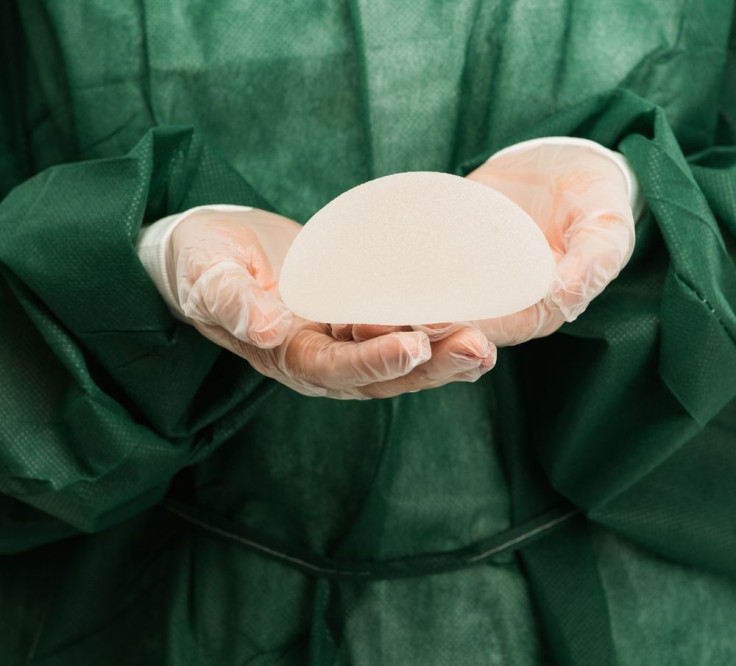Breastfeeding With Implants: Enhancement Surgery More Than Doubles Likelihood That A Woman Will Not Nurse

A recent study has revealed that breast enhancement surgery more than doubles the likelihood that a woman will not breastfeed. One in five women in the study who had previously underwent the operation were either physically unable or unwilling to nurse their newborn — but the reason remains unclear.
Researchers at the Kolling Institute and the University of Sydney in Australia tracked more than 378,000 women who gave birth in New South Wales between 2006 and 2011. According to the study, 892 of the women involved had underwent cosmetic breast augmentation operations prior to childbirth, at the average age of 28. None of the women involved in this study had underwent reconstructive breast augmentation due to a mastectomy.
Results showed a sharp difference between the breastfeeding habits of those who had breast implants and those who did not. As researchers noted, “After adjusting for sociodemographic and pregnancy factors, infants of women with breast augmentation were less likely to receive breast milk at discharge than infants of women without augmentation.”
Women who had breast implants were much less likely to breastfeed, with one in five either unable to or unwilling to do so. This was compared with just one in 10 women without breast implants choosing not to breastfeed.
It is not completely clear why having breast implants affects a woman’s decision to breastfeed or not. One reason put forth is that the surgery physically affects a woman’s ability to do so. As reported by The Daily Mail, the researchers believe the operation may have damaged the milk ducts and made it more difficult for women to nurse. Others, although they are still physically able to breastfeed post-surgery, fear transmitting silicone or other implant material to their baby, despite research finding it highly unlikely.
The study is the largest ever to compare the breastfeeding outcomes for women with and without cosmetic breast augmentation, and has confirmed previous evidence which suggested the operation did negatively affect a woman’s ability to successfully breastfeed later in life.
Along with its effect on breastfeeding habits, breast enhancement surgery has also been in the news recently after France last month mandated that all implants now carry a cancer warning. This came after France’s National Cancer Institute found a “clearly established link” between the implants and anaplastic large cell lymphoma (ALCL), a type of non-Hodgkin’s lymphoma that affects the blood.
Breast augmentation remains the most popular form of cosmetic surgery for American women. According to the American Society of Plastic Surgeons, the operation was conducted on 290,224 women in 2013. Breastfeeding has also gained recent surge in popularity after news of its protection against allergies and asthma in babies became more widely known. The goal of the study was not to discourage the operation, but instead to help identify, support, and encourage women who are most vulnerable to a lower likelihood of breastfeeding.
Source: Roberts CL, Ampt AJ, Algert CS, Sywak MS, Chen JSC. Reduced breast milk feeding subsequent to cosmetic breast augmentation surgery. The Medicine Journal of Australia. 2015.



























